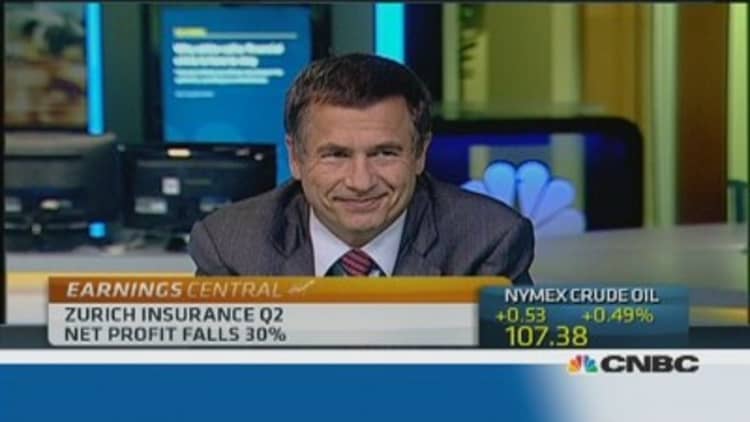The looked set for a second week of losses on Friday, reduced to more than one-month low against the yen after a string of poor U.S. economic data that gave investors no reason to expect higher interest rates soon.
In Europe, the first sight of German inflation data was likely to emphasise the outlook for a prolonged period of easier monetary policy, though that has done little to dampen the euro's strength so far in 2014.
Currencies
The dollar's failure to launch has been one of this year's dominant trends on major currency markets, defying a raft of forecasts it would soar higher. That may yet happen, but it will require the numbers on the U.S. economy to improve substantially. Latest consumer spending data on Thursday fell short of expectations, and came close on the heels of this week's steep downward revision to first-quarter growth.
Against the yen, the slipped about 0.3 percent to around 101 yen, near its lowest since May 21, as U.S. yields scraped the bottom of their recent range.
Wednesday's revision prompted some analysts to cut their forecasts for U.S. growth, but there were also those raising forecasts for the second quarter and predicting that an improvement for the dollar was only a matter of time.

Neil Mellor, a strategist with Bank of New York Mellon in London, pointed to sentiment and other more current data that had been more positive in the run-up to the GDP revision. "It tells you a lot about the market's inclination that people are focusing on backward- rather than forward-looking numbers," he said.
"The Federal Reserve will clearly use any sign of weakness as an excuse to maintain the status quo (on rates) and the market wants to use the dollar as a funding currency, hence favoring the yield plays like the kiwi, sterling and others."
The dollar index edged down 0.05 percent to 80.18, not far from a one-month low of 80.075 struck earlier in the day. Against the euro, the greenback weakened to trade above $1.36.
While a lot of market attention has focused on sterling and the prospect of higher UK interest rates at the end of this year or the beginning of next, New Zealand policymakers have already been raising rates for months. The RBNZ's cash rate is currently at 3.25 percent, among the highest in the developed world and the kiwi has become a beacon to yield-seeking investors in response, quietly assembling an almost 7-percent gain since the start of this year.
The Kiwi dollar traded at $0.8773 on Friday, having peaked at $0.8795, just half a cent off the 2011 high of $0.8842. That is the strongest the currency has been since it was floated in 1985.
--By Reuters. For more information on currencies, please click here.

